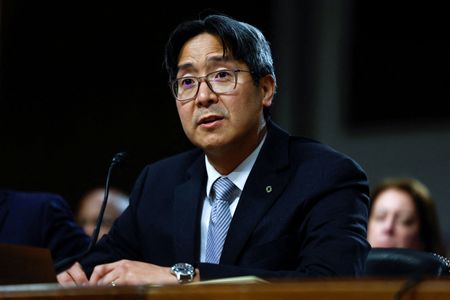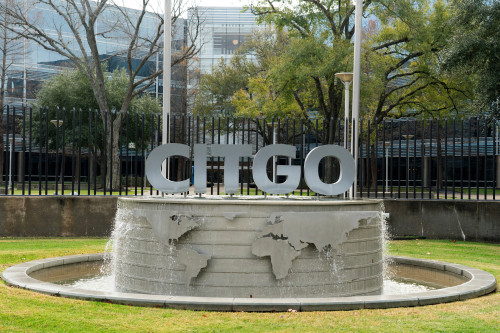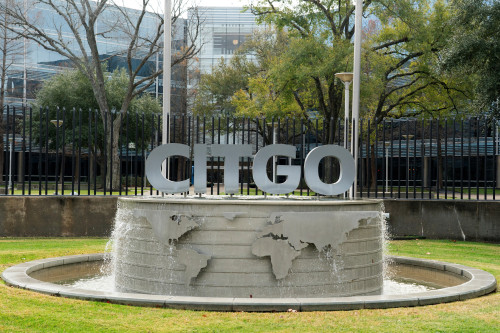By Pete Schroeder
WASHINGTON (Reuters) – A top U.S. bank regulator said on Wednesday that while banks have strengthened their liquidity after the spring banking crisis, firms must remain on guard for looming risks.
Michael Hsu, the acting head of the Office of the Comptroller of the Currency (OCC), said banks specifically need to re-examine their exposures, preserve capital, and maintain strong risk management as the sector looks to recover from a string of bank failures and broader turmoil.
“Hope for the best, prepare for the worst,” Hsu told reporters. “We hope (the stability) continues, but we are prepared and preparing for volatility to return.”
Hsu said the recent failures of banks like Silicon Valley Bank and First Republic set off re-examinations of risk by both banks and their supervisors. He added that most of the national banks the OCC supervises were already tackling those issues, but watchdogs will be keeping a close eye.
“Most of the banks that we supervise are already doing those things. However, maintaining such vigilance can be challenging,” he said.
Hsu added that he expects bank supervisors to move aggressively to direct banks to address identified shortcomings.
“I really want to focus on supervisory discretion,” he said. “Supervisors need to act. It’s not enough to just see something.”
In its semiannual risk report, the OCC said the banking system is “sound” following the spring stress, with many banks increasing cash holdings and borrowing capacity to guard against depositor withdrawals.
The agency also flagged risks around commercial real estate, as declining demand for rental space following the pandemic and rising interest rates pose challenges. Hsu said the precise risk that sector can pose depends on each specific bank, but firms need to be sure to gauge how their portfolios could perform across a range of potential scenarios.
(Reporting by Pete Schroeder in Washington; Editing by Matthew Lewis)





